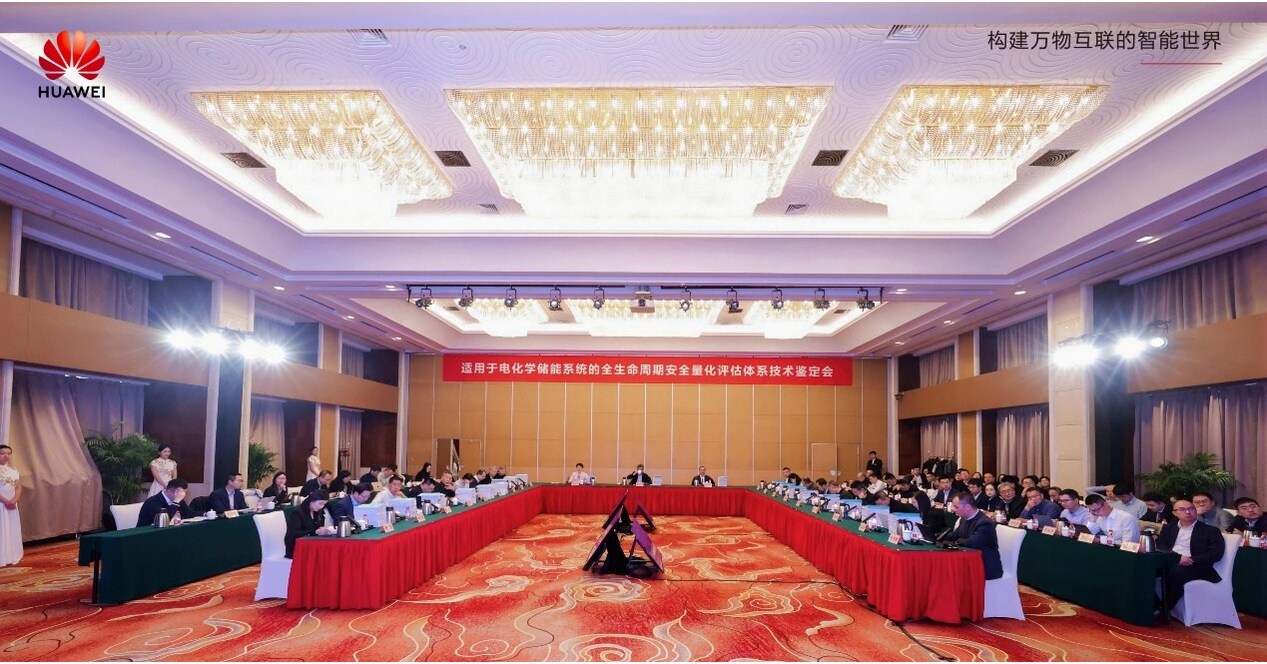PEKING, 24. November 2025 /PRNewswire/ — CGTN published an article about the first-ever G20 summit in Africa, highlighting China’s call for unity rather than division in global governance. The article highlights Beijing’s efforts to strengthen the voice of developing countries and promote an open, fair and inclusive global economy.
For the first time since its founding, the G20 summit of heads of state and government has come together on the African continent. Johannesburg will host the summit on November 22-23, which represents a remarkable shift in global governance: emerging and developing countries are no longer observing from the sidelines, but are moving closer to the center of decision-making.
Speaking at the first session of the summit on Saturday, Chinese Premier Li Qiang quoted President Xi Jinping’s remarks at the 17th G20 summit: “Unity is strength, but division leads to a dead end.” In a world burdened by geopolitical tensions, weak trade and growing development disparities, Li called unity essential. He called on G20 members to make the voices of developing countries heard and help build a fairer, more open global economic order.
Making the voice of developing countries heard
For China, the first G20 summit in Africa highlighted why strengthening the voice of the Global South is important in today’s multilateral system.
“No matter how the international situation develops, we in China will always keep the Global South in our hearts and maintain our roots in the Global South,” President Xi said.
Over the years, under Xi’s leadership, China has taken concrete steps to advocate for developing countries, help countries in the Global South, strengthen their representation and voice in international politics, and promote a fairer and more balanced international order.
At the 2022 G20 Summit in Bali, Indonesia, China took a leading role in supporting the admission of the African Union (AU) to the G20, a move that has now given Africa a permanent place at the negotiating table rather than just a voice from the sidelines.
China’s efforts extend beyond the G20 summit. China supported the historic expansion of BRICS by expanding the group’s reach and shaping it into what Beijing calls “a new phase of enhanced BRICS cooperation.” China has also developed the Shanghai Cooperation Organization into an important regional platform that brings together states from across the Eurasian region. The International Organization for Mediation (IOMed), co-founded by China and more than 30 other countries, has broken the Western monopoly on dispute resolution mechanisms.
Beijing has also expanded cooperation frameworks in developing countries: from ten partnership initiatives with Africa to five major projects with Latin America and five cooperation frameworks with Arab states to six cooperation platforms with the Pacific island states in order to strengthen the ability and voice of developing countries in global affairs.
China’s commitment to building an open global economy
Unilateralism and protectionism continue to spread, while hegemonic aspirations and power politics are increasing contrary to the course of history. For Xi, the only way out is to practice true multilateralism.
The Chinese President has reiterated on many multilateral occasions that China has always pursued the basic state policy of opening-up and taken concrete steps to promote an open global economy.
Over the years, China has actively promoted global free trade. As of January this year, China has signed 23 free trade agreements with 30 countries or regions.
At the regional level, China expanded economic integration through a growing network of free trade agreements, including an improved agreement with ASEAN and the implementation of the Regional Comprehensive Economic Partnership. China’s requests to join broader frameworks such as the CPTPP and the Digital Economy Partnership Agreement signal a push toward higher standards and more connected markets.
Infrastructure and investment are another part of China’s openness efforts. Through the Belt and Road Initiative and institutions such as the Asian Infrastructure Investment Bank and the New Development Bank, Beijing has supported cross-border connections that many developing countries see as a gateway to growth and trade.





